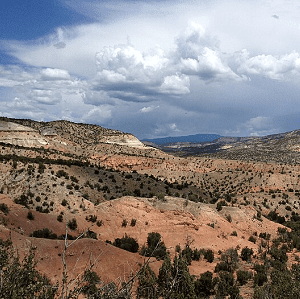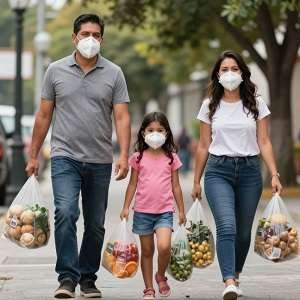A recent panel at the 17th annual American Association for Cancer Research Conference in Los Angeles has shed light on the alarming connection between the climate crisis and cancer disparities in the Southwest United States. Experts emphasized the disproportionate impact of extreme heat and environmental injustice on historically marginalized communities.
Dr. Christine Ekenga, an assistant professor at Emory University’s Rollins School of Public Health, highlighted the dual nature of climate change, calling it both “the greatest global public health threat in the 21st century” and potentially “the greatest global health opportunity.” She stressed that addressing climate impacts could enhance health equity while mitigating climate risks.
The Southwest has been particularly hard-hit by extreme heat, with Arizona experiencing a record-breaking 113 consecutive days of temperatures at or above 100 degrees. This relentless heat poses severe health risks, especially for unhoused individuals and underserved communities who often lack access to adequate cooling resources.
Dr. Leticia M. Nogueira of the American Cancer Society pointed out how historical practices like redlining have contributed to long-term health disparities. Communities in formerly redlined areas face higher rates of chronic illnesses, including cancer, partly due to their proximity to polluting industries and lack of green spaces.
The panel also addressed the unique challenges faced by Indigenous communities in the Southwest. Cher Thomas, a member of the Gila River Indian Community of Arizona, described how climate change affects traditional practices and spiritual experiences, leading to a sense of cultural loss and despair.
Experts called for a more equitable approach to environmental justice and cancer care, emphasizing the need for both mitigation strategies to reduce pollution and adaptation measures to prepare vulnerable communities for climate impacts. As the Southwest continues to grapple with rising temperatures and environmental challenges, addressing these disparities becomes crucial for improving overall health outcomes and reducing cancer risks in marginalized populations.
See “Panel calls attention to ties between Southwest climate crisis & cancer disparities” (October 4, 2024)



